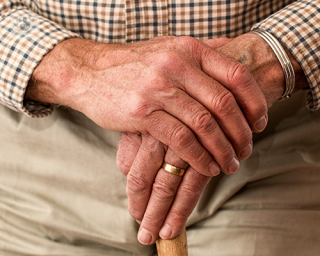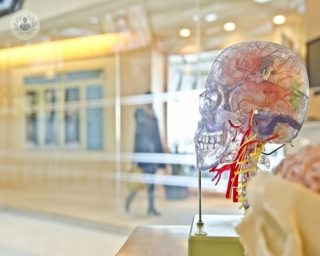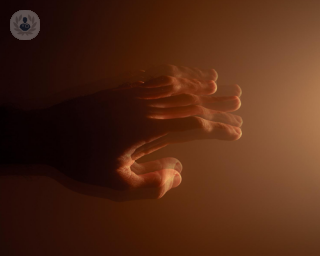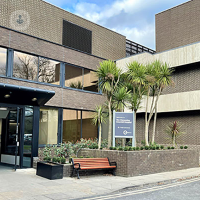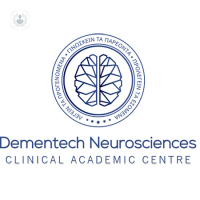Parkinson's disease
Dr Tarun Solanki - Internal medicine
Created on: 05-18-2017
Updated on: 04-18-2023
Edited by: Karolyn Judge
What is Parkinson's?
Parkinson's disease is a neurodegenerative disorder that affects the neurons that produce dopamine. It is a slowly progressing disorder which is more prevalent as one becomes older.
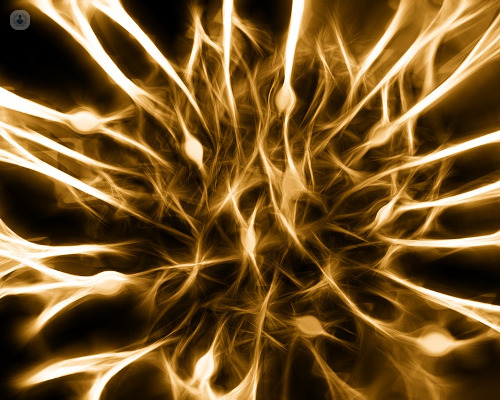
What are the symptoms of Parkinson’s?
Parkinson's causes a progressive deterioration of certain brain functions in the patient that manifest with various symptoms, including:
- A tremor in the arms and or legs
- Slowness of movement
- Limb rigidity
- Balance problems or falls
- Urinary problems
- Depression
- Speech can be affected
Symptoms present differently in each patient and experience of Parkinson's can be very different.
What causes Parkinson’s?
The exact cause of Parkinson's is unknown, however, it can be attributed to a loss of nerve cells in the part of the brain called the substantia nigra. This loss of cells causes a reduced production of dopamine which is needed to regulate movement. However, it is not known what causes this loss of nerve cells.
Parkinson’s disease can run in families, and passed from parent to child. However, this is a rare way.
Can Parkinson’s be prevented?
Since the cause of Parkinson's not known, there is no known way to prevent it.
How is Parkinson’s treated?
There is no known cure for Parkinson’s. However, treatments can help to manage and relieve symptoms and improve quality of life. Treatments include physiotherapy and occupational therapy, medication and in some cases, surgery (deep brain stimulation).
One of the important parts of Parkinson's treatment is physical rehabilitation, which consists in the maintenance of muscle tone and motor functions, hence why daily physical activity is important.



